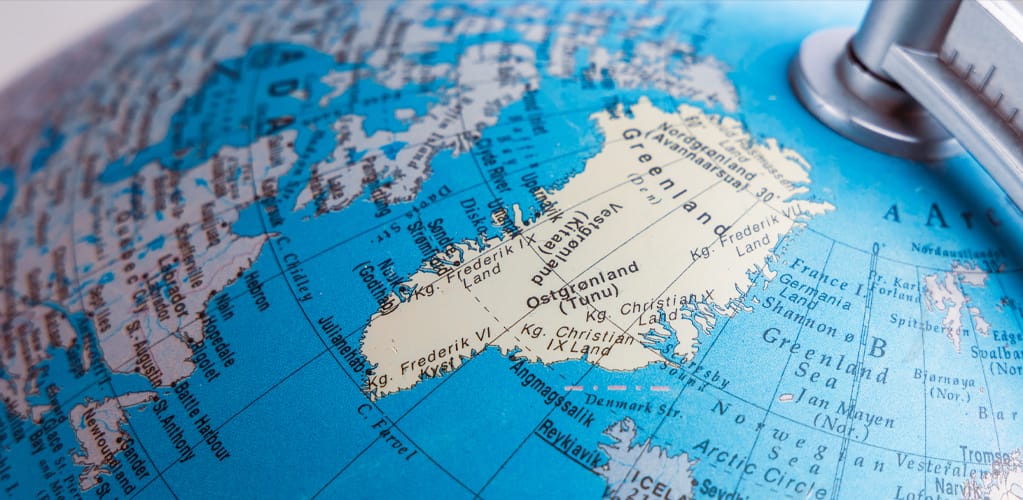
Greenland’s centre-right Democrats triumph in historic election
Greenland’s centre-right Democrats secured a historic victory, reshaping the political landscape. Advocating measured independence amid U.S. geopolitical pressure and acquisition threats, they capitalised on high voter turnout, reflecting shifting national priorities and growing autonomy ambitions.
BREAKING – In a landmark election held on Tuesday, Greenland’s centre-right Democrats (Demokraatit) achieved a historic victory, reshaping the island’s political landscape. The Democrats secured 10 out of 31 seats (29.9% of votes) in the Inatsisartut, Greenland’s parliament, a significant increase from their previous 3 seats, marking their most substantial representation since the party’s inception in 2002.
The election was notably influenced by external geopolitical pressures, particularly U.S. President Donald Trump’s renewed interest in acquiring Greenland. Trump’s assertive stance, including suggestions of military action, heightened nationalistic sentiments among Greenlanders. The Democrats, led by Jens-Frederik Nielsen, capitalized on this sentiment by advocating for a measured approach to independence from Denmark, contrasting with other parties’ more immediate aspirations.
Nielsen expressed surprise and optimism following the results, stating, “We didn’t expect the election to have this outcome; we’re very happy.” He emphasized the party’s commitment to unity and openness to coalition discussions, remarking, “The Democrats are open to talks with all parties and are seeking unity. Especially with what is going on in the world.”
The pro-independence Naleraq party also made significant gains, doubling its seats to become the second-largest party with 8 seats (24.5%). Naleraq advocates for expedited independence and closer ties with the United States, proposing a referendum on sovereignty within three years.
The incumbent Inuit Ataqatigiit (IA), led by former Prime Minister Múte B. Egede, experienced a substantial decline, losing nearly half of its seats and securing only 7 (21.4%). Egede acknowledged the electorate’s decision, stating, “We respect the election. I’m so glad so many people came out to vote.”

— Only approximately 56,000 people live in Greenland.
Voter turnout was notably high at 70.9%, reflecting the population’s heightened engagement amid international attention. The election’s outcome signifies a pivotal shift in Greenlandic politics, with the incoming government poised to navigate the complexities of pursuing greater autonomy while managing external geopolitical interests.
As coalition negotiations commence, the Democrats’ approach to balancing aspirations for independence with pragmatic economic and diplomatic strategies will be crucial in shaping Greenland’s future trajectory.

GOING FURTHER
Greenlanders Elect Party That Pushed Hard Against Trump Takeover | REUTERS
Greenland party favouring gradual independence wins election | FINANCIAL TIMES
Greenlanders Elect Party That Pushed Hard Against Trump Takeover | THE WALL STREET JOURNAL
Greenland votes for pro-business, independence parties as Trump interest looms | REUTERS





[Read our Comments Guidelines]